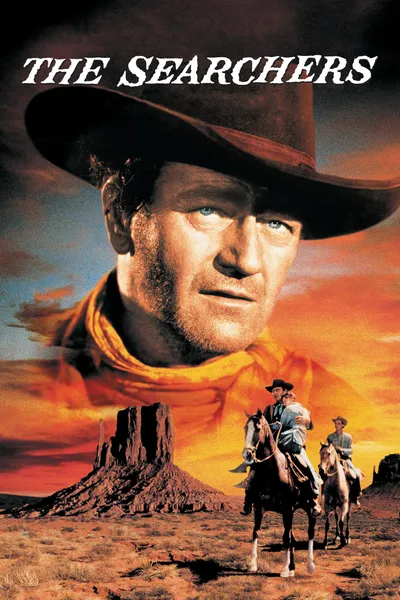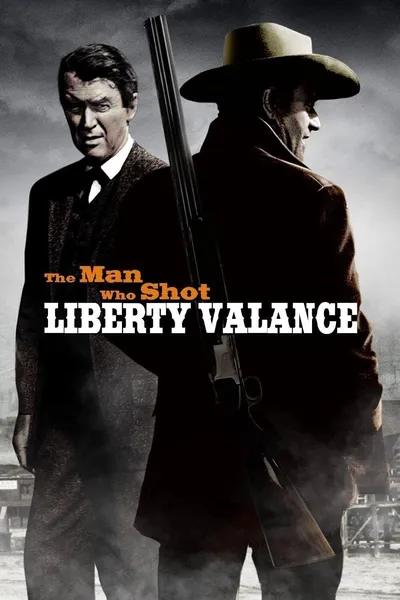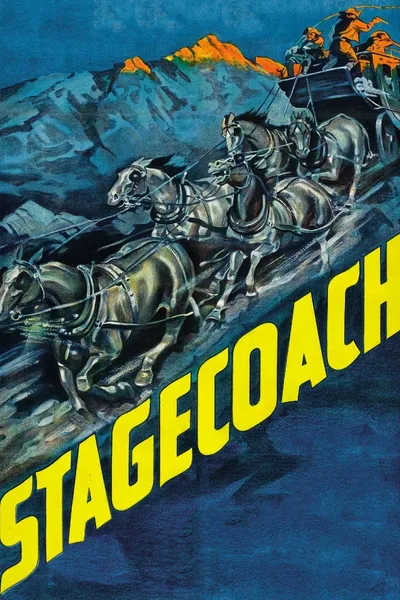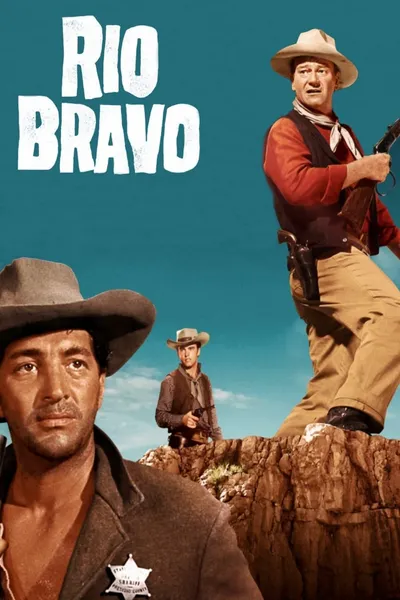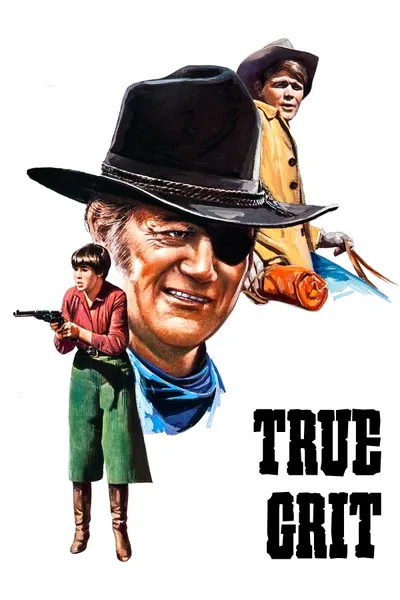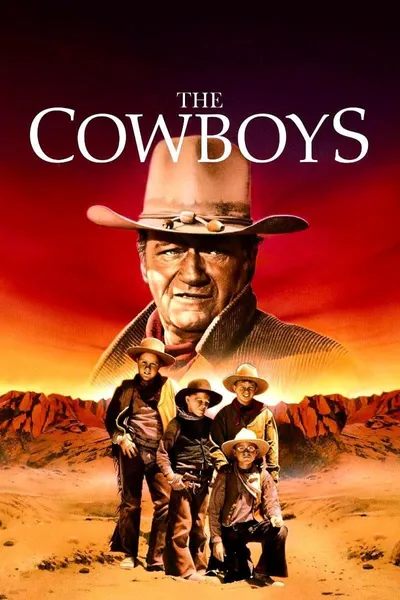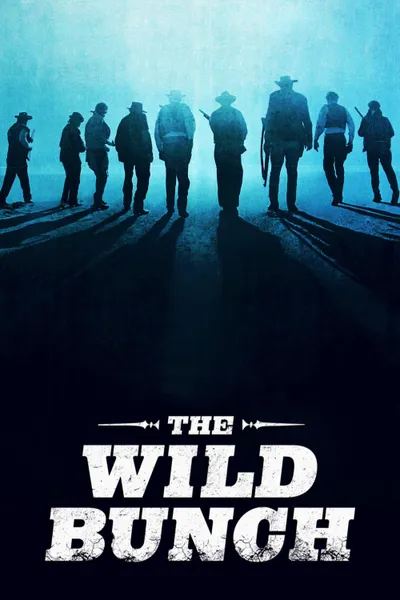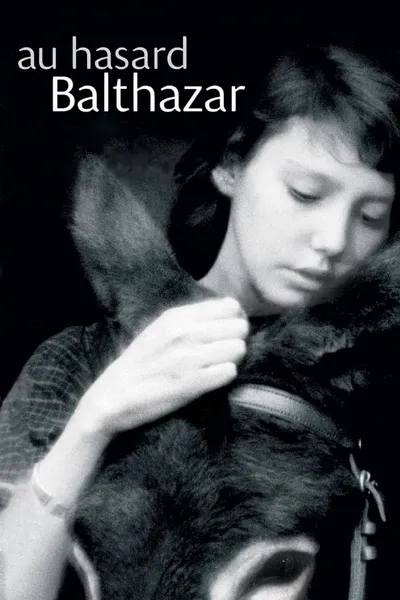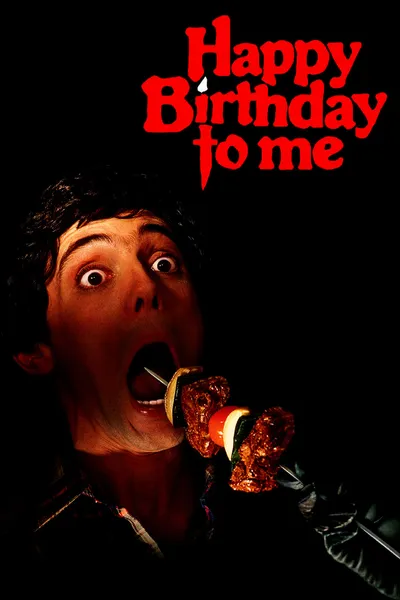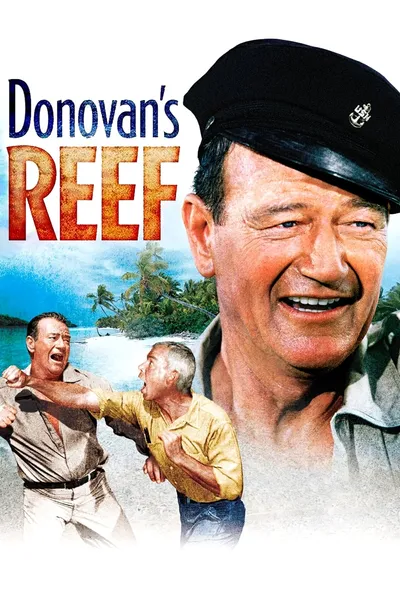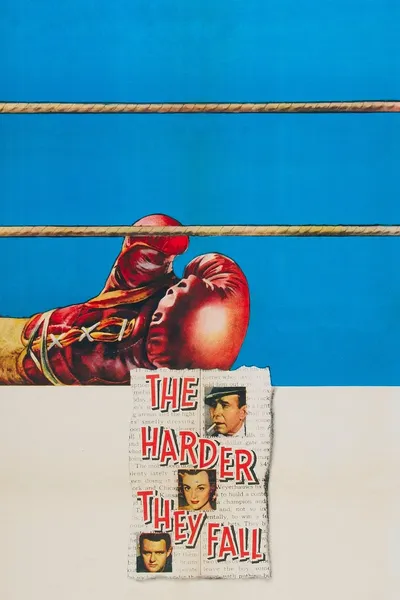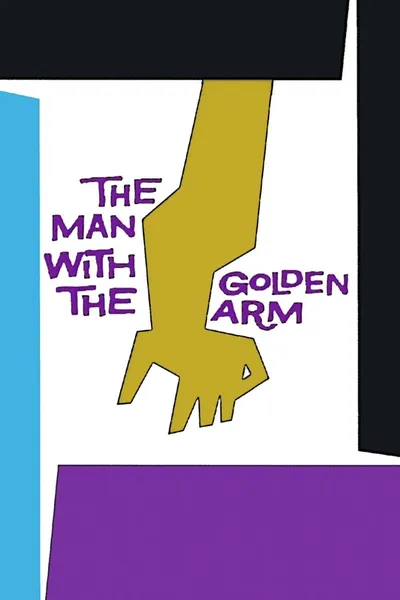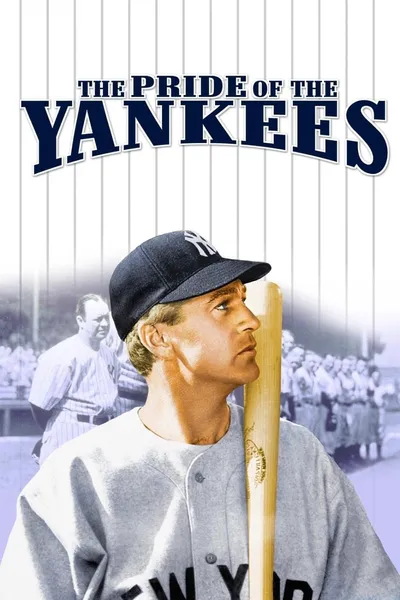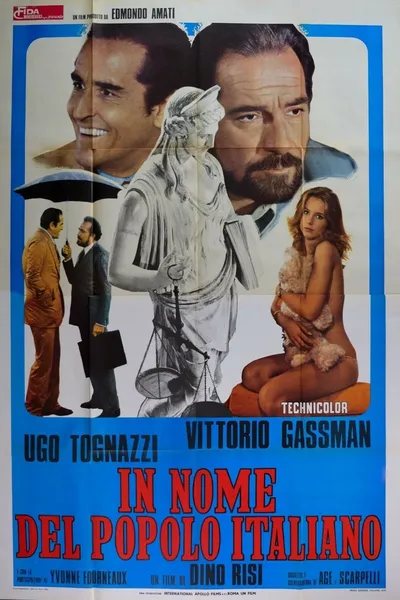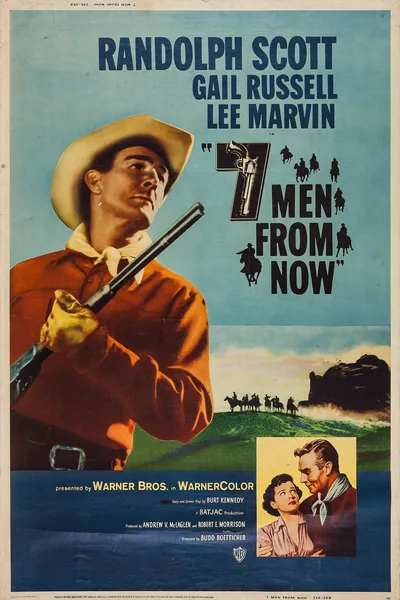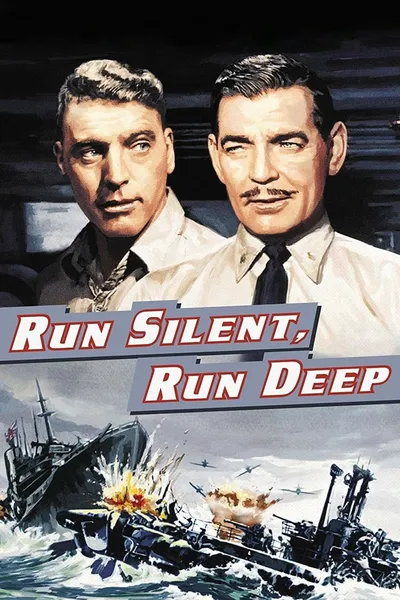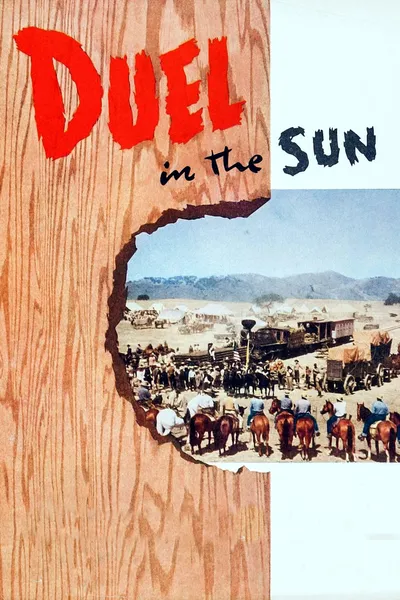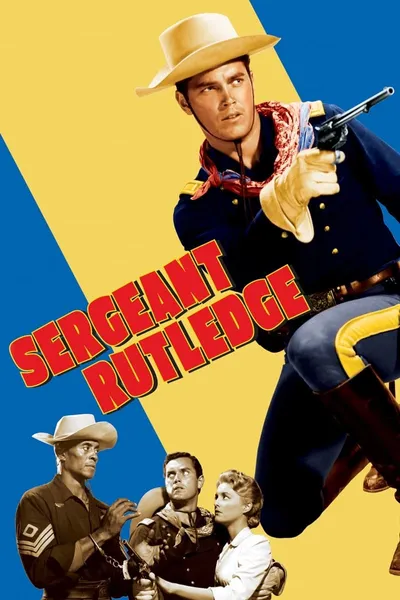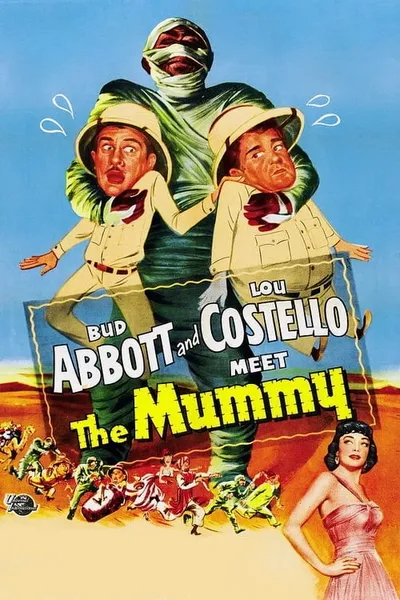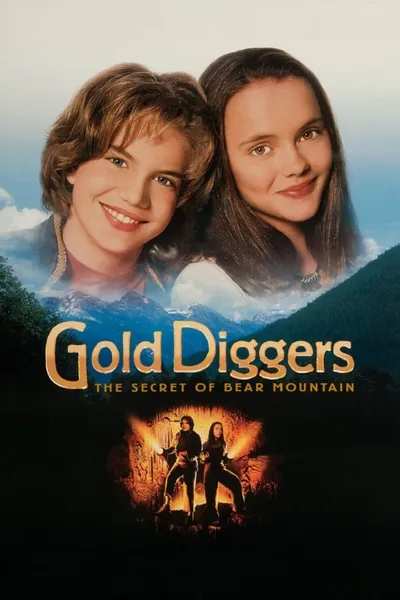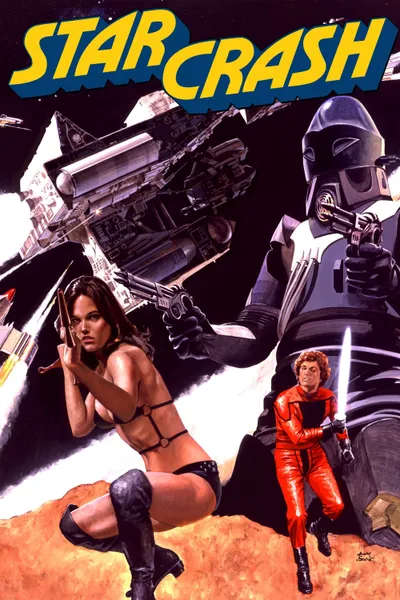Reviews
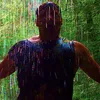



John Chard
June 4, 201410.0
What makes a man to wander?
Upon returning from a trip out to find cattle thieves, Ethan Edwards finds his brother and sister-in-law murdered by Comanches and their two daughters missing. Driven by a hatred of Indians, and a motive of some determination, Edwards and his part Indian companion set off to find the missing girls - it's a perilous journey that will span many years.
The Searchers is one of the greatest Westerns ever made, in fact it's one of the finest pictures all told ever made. Its reputation as such is most definitely warranted, directed and photographed with almost peerless precision, The Searchers stands tall as a triumph of cinematic achievement. Plot wise the piece is really very basic, based on a novel by Alan LeMay, its revenge/hatred driven pursuit theme is one that will forever be trundled out to gather easy Hollywood coin, but with director John Ford pulling the strings on this picture, this is cloaked with a beauty that belies the bleakness of the main protagonist's driving force. As a character driven picture it's something of a flag bearing lesson for all other directors to make note of, for the thematic heart of it lays with Ethan Edwards (superbly played by John Wayne), an embittered man that incredibly, in spite of his evident bile, manages to keep the viewer from hating him due to the complexities of his make up and the surrounding sprawl of the American West.
The film is bookended by brilliant shots from open doorways, with both sequences impacting to almost steal the breath away, yet these are merely the crusts of an incredibly delicious sandwich. Many scenes here could be framed as pictures to define the classic Western, with Ford making the Monument Valley location one of the best Western characters to have ever graced the screen. Rolling hills and dusty odd shaped rocks are given impetus by scorching reds and oranges that themselves are aided by the everlasting fold of a vividly potent blue sky, all of it dwarfing the characters as Ford adroitly weaves the Civilization versus Wilderness thread. This is a film that positively begs repeat viewings, where each subsequent viewing brings further insights into character dissections and a lyrical lesson in racial indifference, all played out with almost hauntingly poignancy by Max Steiner's memorable score.
Back in the day the film never won any awards, presumably because the racist core of the film had many twitching in their beds, or maybe because the film doesn't rely on dialogue to make its points? (the body language and facial acting here is quite brilliant). Perhaps some just wanted a basic Western of shoot outs and shallow characters that barely have time to show some heart? Either way, what we do now know is that The Searchers is revered across the globe and often hits the best of lists formed by those with a very keen interest in cinema. Maybe it's only one for those willing to invest and observe it on numerous occasions? I am of course but a mere mortal film fan for sure, but really I feel this film is as good an experience as a film fan could have, technically and thematically the piece has few peers, it's a true American masterpiece. 10/10

Wuchak
April 13, 20214.0
_**Overrated Wayne Western with a young Jeffrey Hunter**_
Released in 1956 and directed by John Ford, "The Searchers" chronicles the story of Ethan Edwards (John Wayne) who returns from the Civil War to his brother's ranch in the Southwest; and to his brother's wife, whom he secretly loves. After the ranch is raided by Comanches, Ethan and his 1/8 Indian nephew (Jeffrey Hunter) search for the band of Indians to get his captive niece back (Natalie Wood). As time passes and the niece assimilates with the Natives it's not certain if Ethan intends on rescuing the girl or killing her.
Touted as a masterpiece and one of the greatest Westerns, I've seen "The Searchers" twice now and was disappointed each time. Sure, the Monument Valley locations are breathtaking and the cast is great, but the story leaves a lot to be desired. The plot's excellent, but the way the story is told isn't interesting and so there's very little momentum. On top of this we get sequences, characters and dialogue that seem to be stabs at amusement, which (1.) aren't funny, (2.) are awkward because the main story is a serious drama/adventure in a Western context, and (3.) make some of the characters out to be dimwits (note to the writers: just because someone lives in the wilderness it doesn't automatically make them doofuses).
Give me "Stagecoach" (1939), "The Horse Soldiers" (1959), "The Alamo" (1960), "North to Alaska" (1960), "True Grit" (1969), "Chisum" (1970), "The Cowboys" (1972) and "Rooster Cogburn" (1975) any day over this mediocre Western. Heck, I'll even take "The Comancheros" (1961), "El Dorado" (1966), "The War Wagon" (1967), "Rio Lobo" (1970), "The Train Robbers" (1973) and "The Shootist" (1976).
The movie runs 119 minutes and was shot in Arizona, Utah and Colorado.
GRADE: C-

Filipe Manuel Neto
August 12, 20236.0
**An interesting film, very well made, but with a weak script.**
This is one of those old Western movies where the cowboy figure is glorified as the epitome of the common American hero, the women are helpless youths waiting for a gunslinger to keep them safe, the West is a lawless land where everyone does their own thing. whatever and the natives – in this case, the Comanche – are true terrorists, whom it is lawful to persecute and kill because they commit serial atrocities.
I'm not going to get into any thoughts about the moral of the film or how it views not only Native Americans but women as well. Nowadays, there is no shortage of moral police officers to rewrite books, defend “more inclusive” neutral languages, throw statues of historical figures into the mud for having done or said something that was not to the liking of “political correctness”. I am not like that, and I condemn anyone who is like that. Therefore, I want the introduction of this text to serve as a mere prophylactic warning of what the film is: a film made in the 1950s by people with the same and natural mentality of that time. A normal film, made according to the mentality of its time, and which we have no right to arbitrarily criticize.
John Ford did an excellent job as director and gives us a very elegant film that stands out, essentially, for its artistic aspects. Cinematography is worthy of study at any school of film arts, with magnificent lighting, a palette of bright, vibrant and somewhat cheerful colors, and an exquisite use of sets, costumes and filming locations. By the way, the sets and costumes are also good and give us what we can expect in a Western film (and the best thing is not to expect great historical rigor because that was a minor concern at the time). In addition to all this, we have a heroic soundtrack that harmonizes well with the film.
In the cast, the figure of John Wayne is unavoidable. He's not even close to an artist that I really appreciate, but he has undeniable charisma, and he's in good shape here. Jeffrey Hunter also gives us an interesting job, but much inferior to that of Wayne while, when it comes to female faces, we can only positively mention the effort, almost heroic, of Vera Miles, in a film that did not consider the female characters.
Where this film really gets lost is in the Franciscan poverty of its script. The story is more than lukewarm, it never really captivates us, and it just seems like a gigantic excuse for a cavalcade full of fights between Indians and cowboys.

CinemaSerf
June 9, 20248.0
Fabulously framed against a backdrop of Monument Valley; this is a most cinematic experience. John Wayne leads in this classic story of a man whose family are murdered/kidnapped by Comanches and of his subsequent search for his family and for vengeance. Jeffery Hunter plays his nephew "Martin" with considerable skill and emotion and Ward Bond is another who knows how to get the best from Frank Nugent's screenplay. The plaudits that have since been paid to Wayne and to John Ford are well deserved. The 'Duke" does incorporate compassion and emotion into his usual swaggering macho delivery and Ford directs this adventure movie with an eye to the very distinctive humanity of the story. The days of the "Western" are well over now, but the best of them still stand tall amongst the best cinema has to offer - this is one such film.
Recommendation Movies
The Man Who Shot Liberty Valance1962
Stagecoach1939
Rio Bravo1959
True Grit1969
The Cowboys1972
The Wild Bunch1969
Au Hasard Balthazar1966
Happy Birthday to Me1981
Donovan's Reef1963
The Harder They Fall1956
The Man with the Golden Arm1955
The Pride of the Yankees1942
In the Name of the Italian People1971
7 Men from Now1956
Run Silent, Run Deep1958
Duel in the Sun1946
Sergeant Rutledge1960
Abbott and Costello Meet the Mummy1955
Gold Diggers: The Secret of Bear Mountain1995
Starcrash1978
© 2024 MoovieTime. All rights reserved.Made with Nuxt
